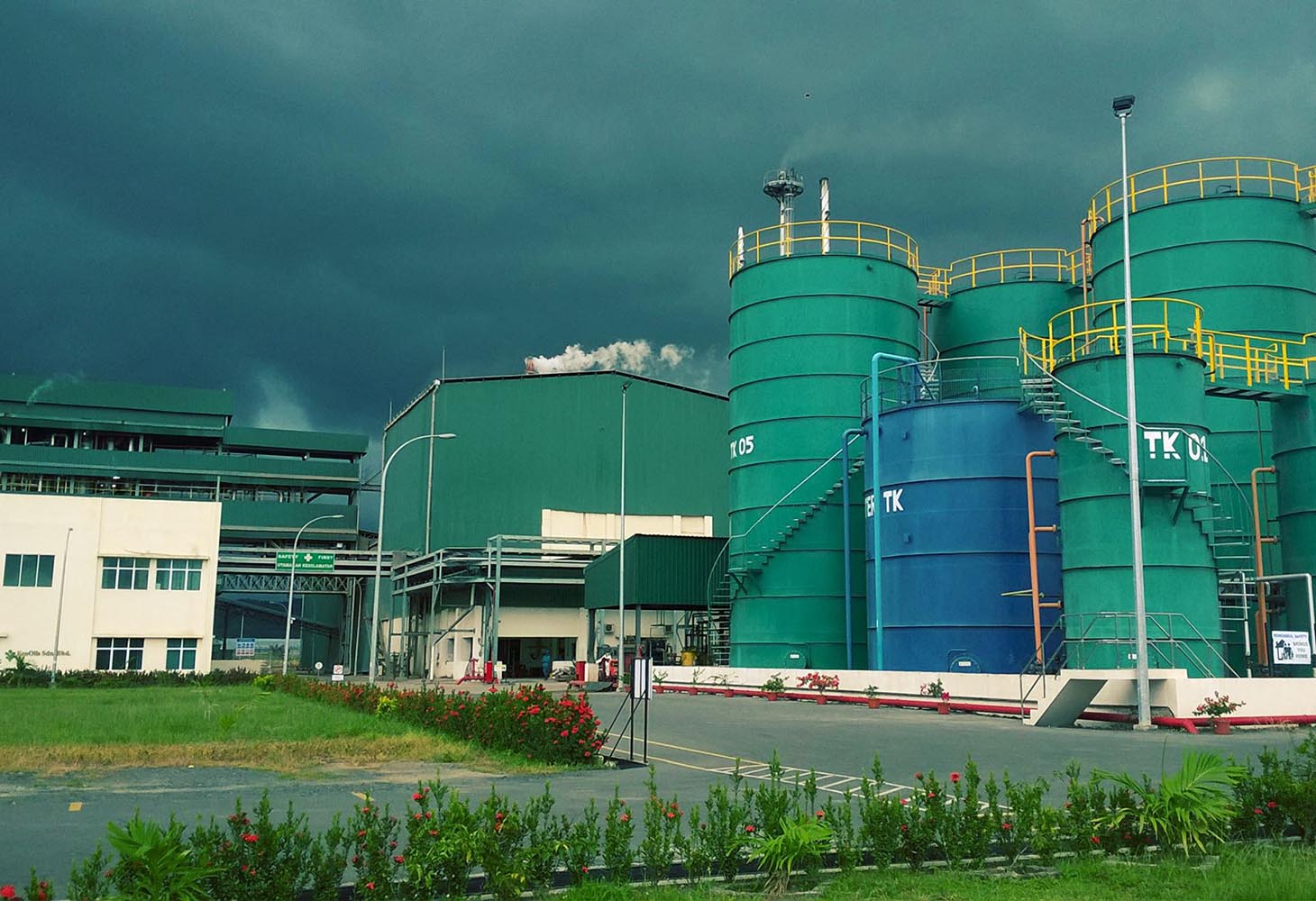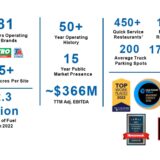
Shell acquires EcoOils to secure advanced biofuels feedstock
Shell Eastern Petroleum (Pte) Ltd, a wholly-owned subsidiary of Shell plc has acquired EcoOils Limited, a waste oil recycling firm. This acquisition is part of Shell’s ambition to increase production of sustainable low carbon fuels for transport, including sustainable aviation fuel (SAF).
Shell’s acquisition includes 100% of EcoOils. EcoOils has subsidiaries in Malaysia and Indonesia and Shell will acquire 100% of the subsidiaries in Malaysia and 90% of the subsidiary in Indonesia.
EcoOils uses recycling technology to reduce waste going into landfill and produce spent bleaching earth oil. Bleaching earth is a clay material used to absorb impurities during the palm refining process. EcoOils uses its technology to recycle the waste material and produce spent bleaching earth oil, an advanced biofuels feedstock that can then be used to produce sustainable low carbon fuels.
This reduces the amount of waste going into landfill, while the remaining earth from the oil production cycle is then predominantly reused in other applications, such as cement, roof tiles and brick manufacturing. This process helps to contribute to a circular economy.
Spent bleaching earth oil is an advanced biofuels feedstock, derived from an accepted waste product, and is recognised by the European Union’s Renewable Energy Directive II (Annex IXa).
EcoOils has approximately 80 suppliers. With about 360 staff, its operations include five plants with a current production capacity of 65 kilotonnes of spent bleaching earth oil per annum. It is accredited by the International Sustainability and Carbon Certification (ISCC), a sustainability certification system covering waste feedstocks.
“To continue supplying customers with the energy products they need into the future, Shell is investing in and producing sustainable low carbon fuels for transport. This acquisition provides secure access to a recognised, advanced feedstock which can be used at Shell’s biofuels facilities to meet that aim,” Sinead Lynch, Shell’s senior vice president for Low Carbon Fuels, said. “This acquisition underscores the ongoing transformation of Shell’s business as we strive to provide more low-carbon energy solutions to our customers as part of their decarbonisation journey.”
Low carbon fuels will help to meet growing demand for decarbonisation solutions from customers in the transport sector, including hard-to-decarbonise sectors such as aviation. Sustainable aviation fuel currently accounts for around 0.1% of global aviation fuel. By 2030 Shell aims to have at least 10% of its global aviation fuel sales as sustainable aviation fuel.














